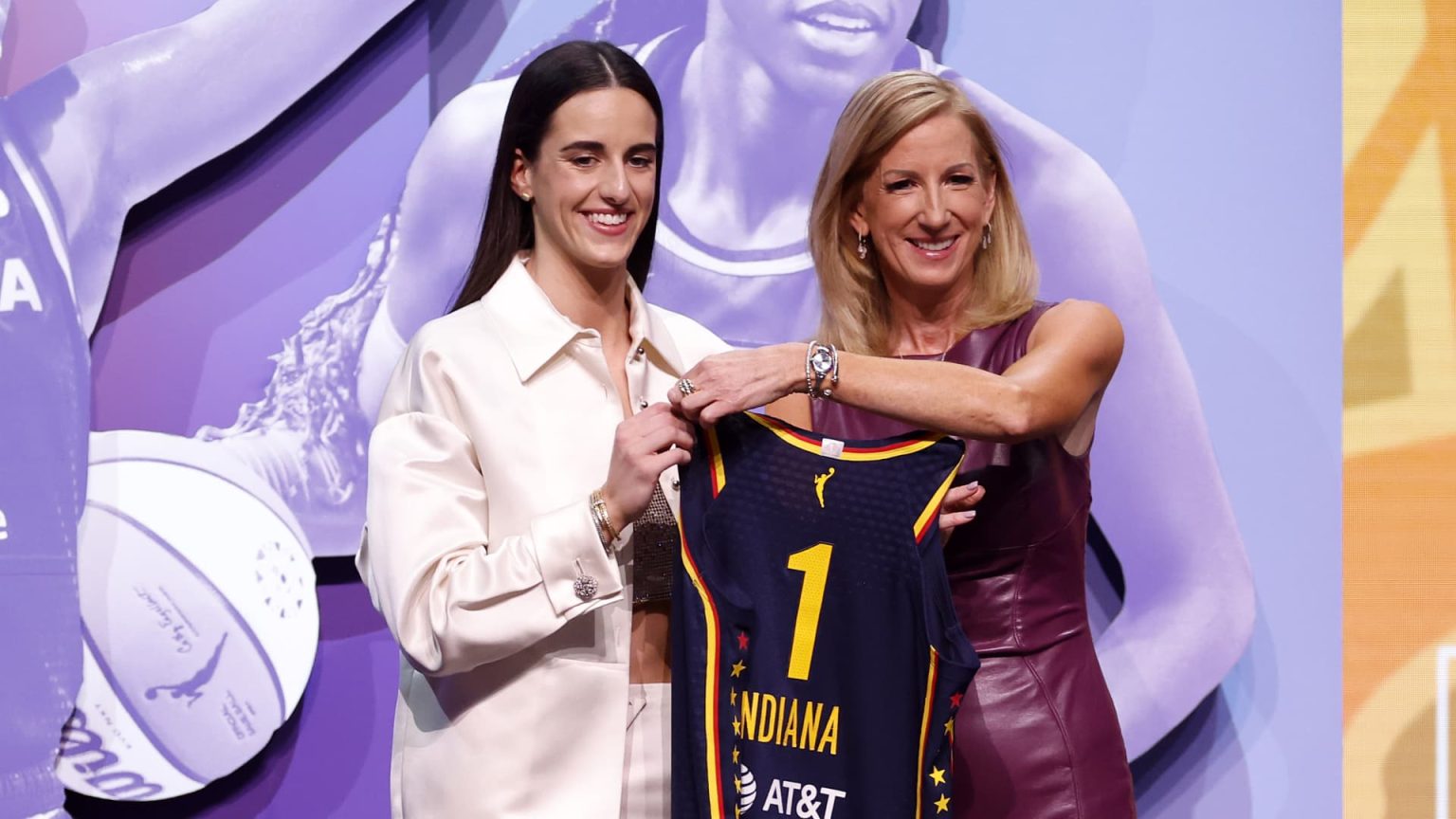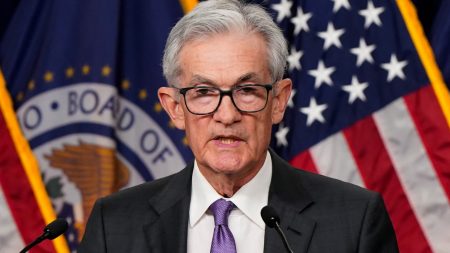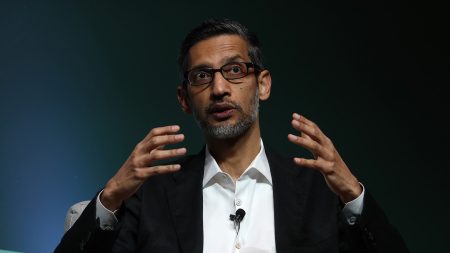Caitlin Clark’s selection as the first overall pick by the Indiana Fever in the 2024 WNBA Draft generated significant excitement, with 2.45 million viewers tuning in to watch, breaking the league’s previous draft viewership record by 307%. As the NCAA’s all-time leading scorer in both men’s and women’s basketball, Clark’s impact on the WNBA was evident. However, her future WNBA salary of $338,056 over four years sparked criticisms of pay equity, with President Joe Biden also weighing in on the issue.
In response to criticisms of Clark’s expected salary, WNBA Commissioner Cathy Engelbert argued that there is a “false narrative” surrounding her earnings. She compared the situation to how executive salaries are displayed for public companies, noting that Clark has the potential to earn millions in endorsements on top of her modest base salary. Engelbert highlighted the growth of Clark’s platform, stating that she has the ability to make up to half a million dollars just in WNBA wages in her first year as a pro.
Clark’s sponsorship deals from her time at Iowa, such as agreements with Nike, Gatorade, and State Farm, are expected to carry over to the WNBA. Additionally, she is set to sign a lucrative deal with Nike worth over $20 million, which will include a signature sneaker. Engelbert emphasized that comparisons between WNBA draftee salaries and those in other men’s leagues should consider the difference in revenue generation, as the WNBA is significantly younger and smaller in scale compared to leagues like the NBA.
Engelbert outlined the WNBA’s revenue drivers, including media rights, sponsorships, and ticketing. The league is currently working on its next media rights deal, with the expectation that the existing agreement worth around $60 million annually will double in value. Engelbert described the WNBA as a “growth stock” within the sports and entertainment industry, emphasizing that women’s sports should not be viewed as a charity but as a legitimate and valuable property in the market.
As the media landscape continues to evolve, Engelbert sees an opportunity for women’s sports to secure more favorable rights fees. She stressed that women’s sports, including the WNBA, are no longer solely seen as a charitable cause but as viable entities in the sports and entertainment industry. With the potential for increased revenues from media rights deals and sponsorships, Engelbert expressed optimism about the future growth and commercial success of the WNBA, positioning it as a valuable investment opportunity in the sports market.















